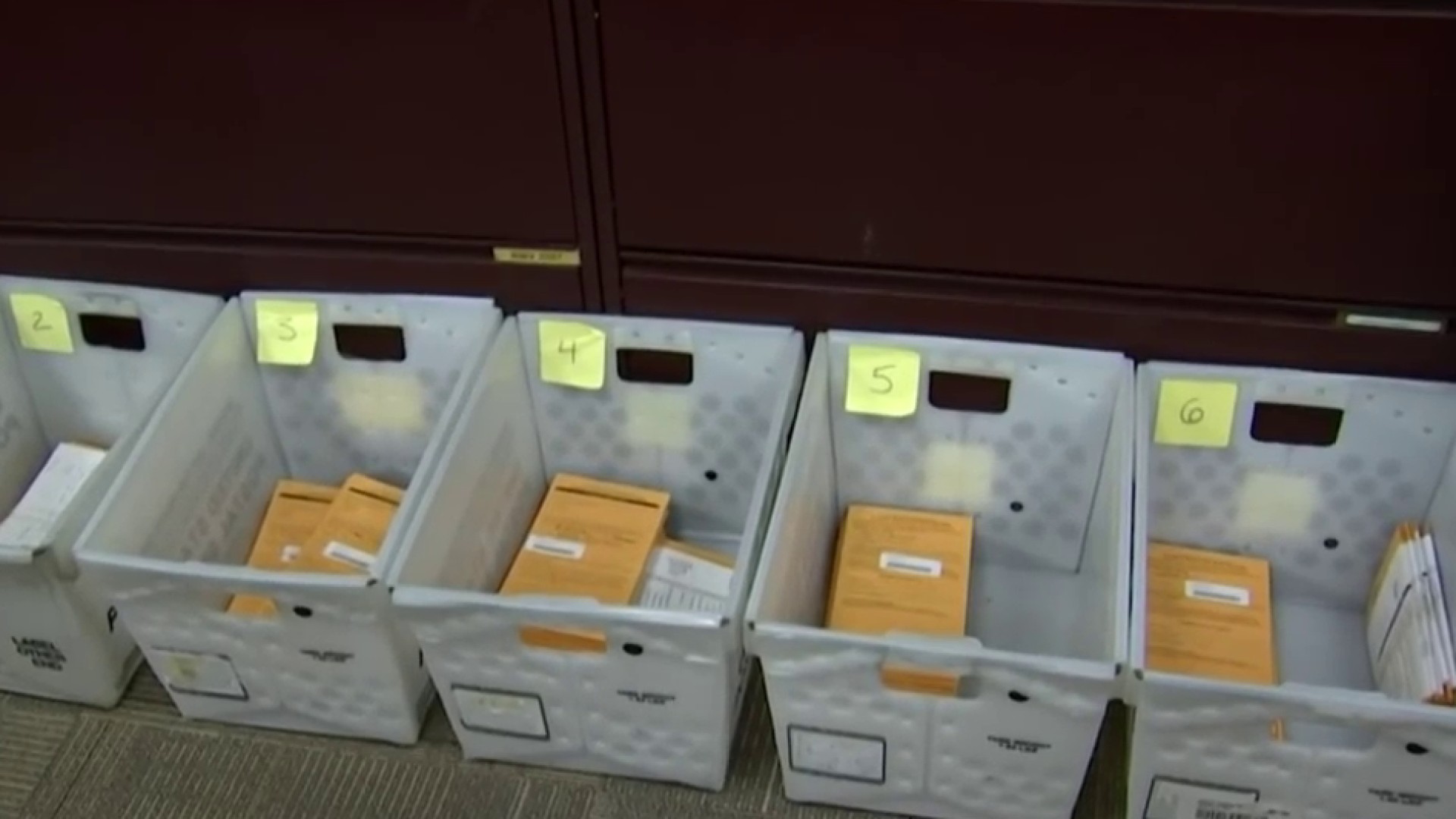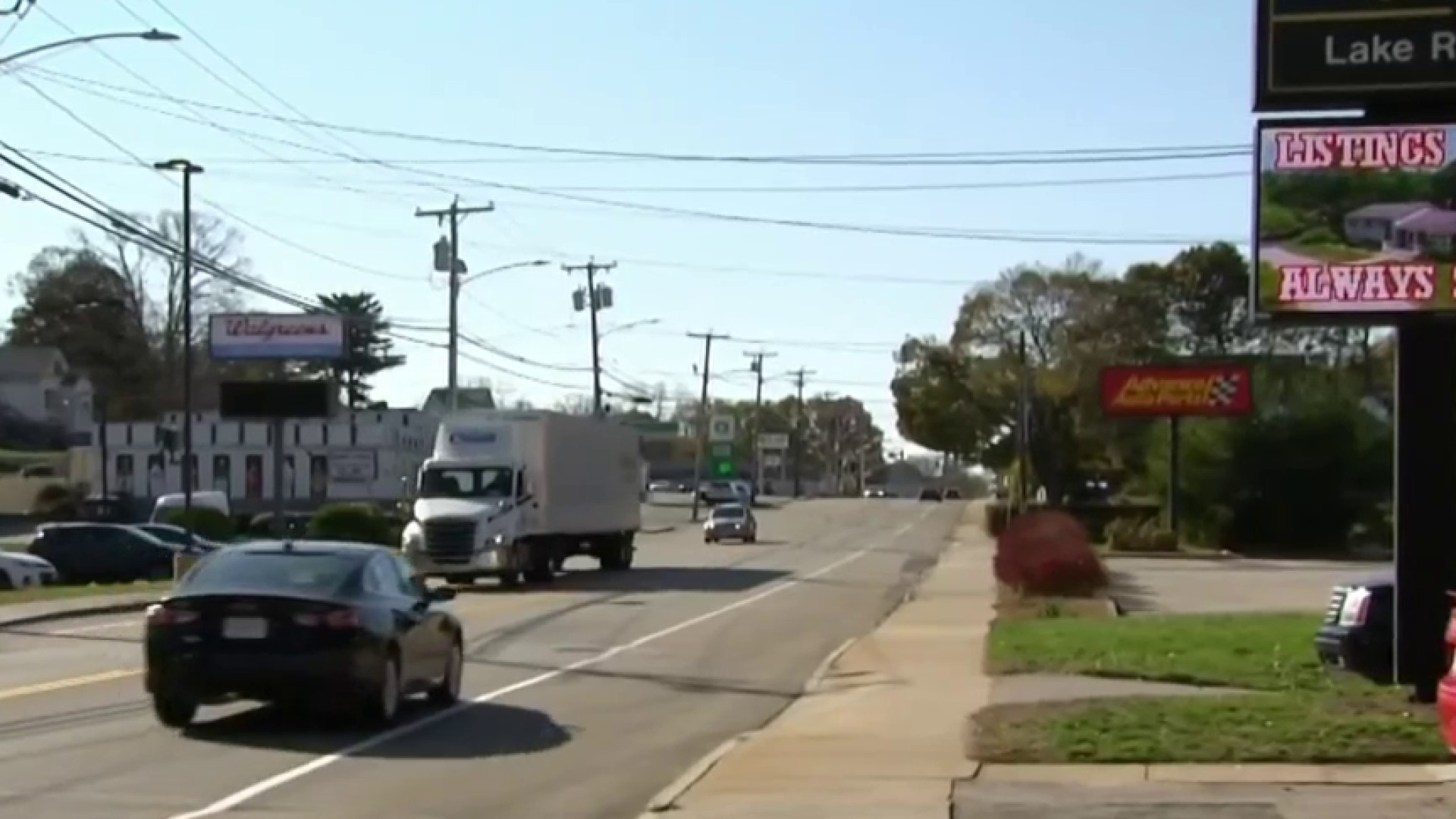Though several states are still yet to be called in favor of either presidential candidate, President Donald Trump’s campaign is already filing lawsuits and threatening to take the legal battle all the way to the Supreme Court.
Trump's campaign is filing lawsuits against key battleground states, seeking better access for campaign observers in locations where ballots are being counted and raises concerns about absentee ballots. Trump spoke about taking the undecided race to the Supreme Court Wednesday, but legal experts argue that his claim contradicts the makeup of the legal system.
"That’s not how it works," Boston College law professor Kent Greenfield said. "The Supreme Court is an appellate court and he will have to sue in Federal Court in Pennsylvania or Michigan and then it will have to go up through several levels of appellate review before it would get to the Supreme Court."
The campaign filed lawsuits Wednesday in Pennsylvania, Michigan and Georgia, joining existing Republican legal challenges in Pennsylvania and Nevada. His campaign also announced that it would ask for a recount in Wisconsin, where NBC News projected Biden as the winner.
Six states are still yet to be called, with Biden leading in Arizona and Nevada, while Trump leads in Alaska, Georgia, North Carolina and Pennsylvania.
Get Boston local news, weather forecasts, lifestyle and entertainment stories to your inbox. Sign up for NBC Boston’s newsletters.
While legal action isn’t as common in a presidential race, according to Greenfield, it happens more frequently at the state and local levels. In those cases, the litigation typically doesn't change the outcome, Greenfield said.
It can take weeks for a state to certify the results, he added, and the legal challenges could vary depending on the state. It also remains to be seen whether these arguments fall under state or federal purview.
"I think the claims they have in Arizona or Nevada will be different from the ones they have in Michigan and Pennsylvania," Greenfield said. "So I think the claims the Trump campaign will be making in Pennsylvania will have to do with these late arriving ballots. The claims I've heard in Michigan have to do with whether they’ve had sufficient access to review the count."
It could take several weeks before the allegations are settled with these potential legal challenges, according to Greenfield. The Electoral College meets next month.
Election officials continue to count votes across the country. Unlike in years past, states were contending with an avalanche of mail ballots driven by fears of voting in person during a pandemic.
At least 103 million people voted early, either by mail or in-person, representing 74% of the total votes cast in the 2016 presidential election.
The Associated Press contributed to this report.




